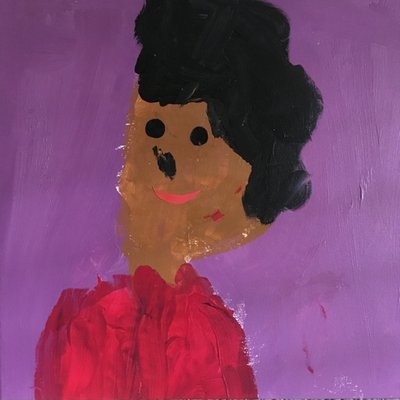The Culture Struggle
14 August 2007, early morning
I finished reading The Culture Struggle last week. As the title suggests, the book is about the conflicts that arise from, or are rooted in, culture. The book is comprised of 4 sections, each section contains a few short essays. Despite the subject mater, it’s a fairly easy read.
The book begins, more or less, with a discussion on how the dominant class within a nation use culture to reinforce its interests. The book ends with a section on hyper-individualism, which is probably the most America-centric section of the book. The end ties into the start of the book in that the culture of individualism that is so prevalent in the United States is what helps perpetuate much of the inequity that exists in the country. Individualism is the cultural base that helps the dominant moneyed class maintain there position in society. The middle two sections of the book are on imperialism, the subjection of people, and racism. (There are two chapters on violence against women which are insane; I need to look up the source he cites because the facts he spits out sound so unbelievable.) The chapters on racism are quite good, examining how slavery, amongst other things, was made palatable. Parenti also touches on how the dominant class will sometimes try and instigate racial strife so as to redirect anger that would rightly be directed at them. So, for example, you have poor White workers complaining about immigrants stealing their jobs, not about those who control all the money. The middle two chapters of the book were what I found the most interesting.
The topics may sound a bit heavy, but I found it to be a fairly easy read. The essays in the book are all quite short: Parenti makes a few points, and then moves on. The book as a whole is really a series of observations, and interesting topics for further discussion. Any essay in this book could probably be turned into something far more substantial. On the whole it’s a great read; it leaves you with a lot of things to think about.

I’m glad you enjoyed it. Parenti is great at laying out ideas and encouraging the reader to run with them.
by Matt on August 14 2007, 10:33 am #
The main theme of that book can probably be traced back to a French writer Pierre Bourdieu, who had this idea of ‘Cultural Capital’, which essentially means if you are part of the current dominant culture then you will have greater chance for success. t can be viewed as a form of currency that select individuals in a society possess, and thus the remainder of society seeks.
by stashuk on August 14 2007, 5:57 pm #
Thanks for the tip! I’ll have to try and check Bourdieu out.
by Matt on August 15 2007, 11:25 am #
There are a lot of Marxist ideas in the writing too I’d say. I think the very first note references Antonio Gramsci’s Prison Notebooks.
by Ramanan on August 15 2007, 11:55 am #